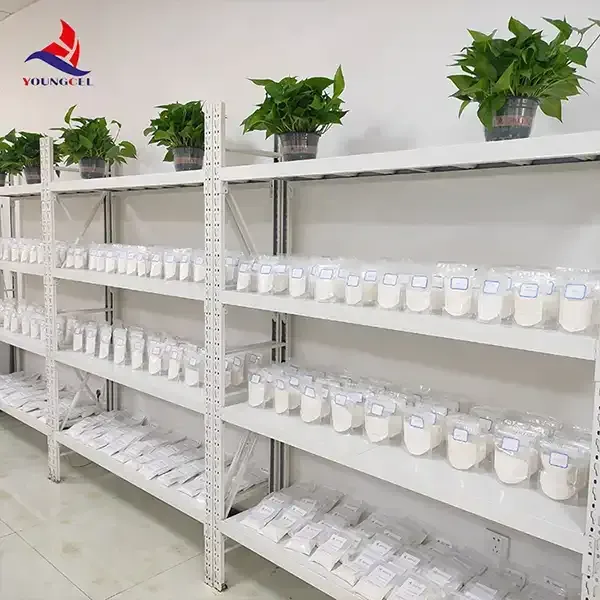The Advantages of Cellulose Coatings in Modern Applications
In recent years, the interest in sustainable materials has surged, leading to innovative solutions in various industries. Among these, cellulose coatings have emerged as a prominent choice, blending eco-friendliness with functional advantages. Derived from natural sources such as wood pulp, cellulose is a biopolymer with unique properties that make it ideal for a wide range of applications, from food packaging to pharmaceuticals.
One of the primary benefits of cellulose coatings is their biodegradability. Unlike traditional petroleum-based coatings that contribute to plastic pollution, cellulose coatings break down naturally in the environment. This characteristic aligns perfectly with the increasing global emphasis on sustainability and reducing landfill waste. As concerns about ecological footprints grow, industries are under pressure to adopt greener alternatives, and cellulose coatings provide a viable option.
In addition to their environmental benefits, cellulose coatings exhibit excellent barrier properties. They effectively protect products from moisture, oxygen, and other environmental factors that can compromise quality. In the food packaging sector, for instance, cellulose coatings can prolong shelf life by preventing spoilage while maintaining the integrity of the product. This is especially crucial in a market that demands freshness and quality, as consumers become more health-conscious and discerning about what they purchase.
cellulose coating

Moreover, cellulose coatings are versatile in terms of functionality. They can be tailored to specific needs, such as improving adhesion, enhancing gloss, or imparting antimicrobial properties. This adaptability allows manufacturers to create customized solutions that meet the precise requirements of their products. In the pharmaceutical industry, for example, cellulose coatings can help control the release of active ingredients, ensuring that medications are delivered effectively and safely.
The aesthetic appeal of cellulose coatings is another advantage. They can be formulated to provide a smooth, attractive finish that enhances the appearance of consumer products. This aspect is particularly beneficial in sectors like cosmetics and personal care, where packaging plays a significant role in brand perception and consumer choice.
Furthermore, the production process of cellulose coatings often requires less energy and generates fewer emissions compared to synthetic alternatives. This contributes to a more sustainable manufacturing framework, aligning with corporate social responsibility goals and regulatory standards aimed at reducing environmental impact.
In conclusion, cellulose coatings represent a promising solution for various industries, offering a blend of sustainability, functionality, and aesthetic appeal. With their biodegradability, protective properties, versatility, and energy-efficient production, cellulose coatings are poised to play a significant role in the future of eco-friendly materials. As industries continue to prioritize sustainable practices, the adoption of cellulose coatings is likely to expand, paving the way for a greener, more responsible approach to manufacturing and product development.
-
The Application and Significance of Construction RdpNewsMay.19,2025
-
Industrial Grade HpmcNewsMay.19,2025
-
Building Coating Adhesive Building Coating Adhesive HpmcNewsMay.19,2025
-
Application Of Hpmc For Detergent For Detergent In DetergentsNewsMay.19,2025
-
Application Of Hpmc Cellulose In Cement-Based MaterialsNewsMay.19,2025
-
Application Of High Quality Hpmc For Construction In The Field Of ConstructionNewsMay.19,2025




